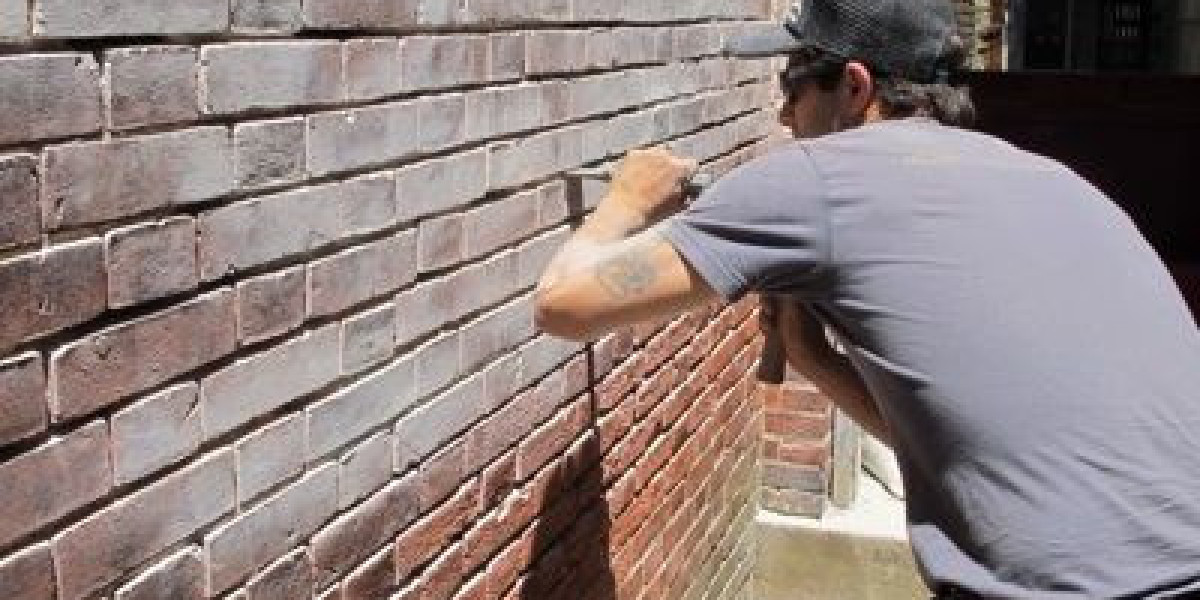When it comes to working on construction projects in the USA, there's one material that's practically ubiquitous: concrete. From foundations and slabs to walls and sidewalks, concrete forms the backbone of countless structures. But what happens when you need to drill through this tough and unforgiving material? That's where concrete drill bit come in.
What are Concrete Drill Bits?
Unlike their wood or metalworking counterparts, concrete drill bits are specifically designed to handle the unique challenges of drilling into concrete. These bits are typically constructed from extremely hard and durable materials like tungsten carbide or industrial-grade diamond.
Here's a closer look at the key characteristics of cement drill bits:
- Material: As mentioned earlier, concrete drill bits are crafted from exceptionally hard and wear-resistant materials. Tungsten carbide is a popular choice due to its excellent balance of hardness and toughness. Diamond offers the ultimate in drilling performance, particularly for heavily reinforced concrete.
- Shank: The shank is the end of the drill bit that fits into the chuck of your drill or hammer drill. Common shank types for concrete drill bits include SDS Plus and SDS Max, which are designed for high-impact drilling applications.
- Flutes: The flutes are the spiral grooves that run along the length of the drill bit. They help to clear debris from the hole as you drill, preventing the bit from binding and overheating.
- Cutting Edge: The cutting edge is the tip of the drill bit that makes contact with the concrete. The design of the cutting edge will vary depending on the specific application. For example, some bits may feature a brad point tip for precise hole initiation, while others may have a wider chisel tip for faster drilling.
Why Use Concrete Drill Bits?
While you might be tempted to use a regular drill bit on concrete, it's a recipe for disaster. Standard drill bits simply aren't tough enough to withstand the abrasive nature of concrete. They will quickly dull, overheat, and potentially break, leaving you with an unfinished hole and a ruined bit.
Here are some compelling reasons to use concrete drill bits for your concrete drilling projects:
- Durability: Concrete drill bits are built to last. Their robust construction allows them to endure the extreme wear and tear associated with drilling through concrete.
- Efficiency: The right concrete drill bit will make drilling faster and easier. The sharp cutting edges and optimized flute design will help the bit penetrate concrete quickly and efficiently.
- Clean Holes: Concrete drill bits are designed to produce clean, precise holes. This is essential for tasks like installing anchors, running electrical conduit, or mounting fixtures.
- Safety: Using the proper drill bit for the job is essential for safety. A dull or unsuitable bit is more likely to bind or break, which can lead to kickback and injuries.
Types of Concrete Drill Bits
There are several different types of concrete drill bits available, each with itsown unique strengths and applications. Here's a breakdown of some of the most common varieties:
- Hammer Drill Bits: These bits are specifically designed for use with hammer drills. The hammer action delivers a percussive force that helps to break apart concrete as the bit rotates. These bits are ideal for drilling through tough concrete, heavily reinforced concrete, and masonry.
- Rotary Hammer Drill Bits: These heavy-duty bits are designed for use with rotary hammer drills, which offer even more powerful hammering action. They are ideal for drilling large diameter holes in very hard concrete or for breaking apart concrete altogether.
- SDS Plus Bits: These bits feature a distinctive shank design with four grooves that lock securely into the chuck of an SDS Plus hammer drill. They are a popular choice for general-purpose concrete drilling applications.
- SDS Max Bits: These larger-diameter bits are designed for use with SDS Max rotary hammers, which are powerful tools ideal for heavy-duty demolition and drilling tasks.
- Solid Carbide Bits: These bits are constructed entirely from tungsten carbide, making them incredibly tough and durable. They are a good choice for drilling through hard concrete or heavily reinforced concrete.
- Fluted Carbide Bits: These bits have a tungsten carbide tip brazed onto a steel body. They offer a good balance of durability and affordability. They are suitable for most general-purpose concrete drilling applications.
- Diamond Core Bits: These specialized bits feature a diamond-tipped cutting edge. They are designed for drilling large diameter holes (often exceeding 1 inch) in concrete, asphalt, and other very hard materials.
Choosing the Right Concrete Drill Bit
With so many different types of concrete drill bits on the market, selecting the right one for your project can seem daunting. Here are some key factors to consider:
- Material: Consider the type of concrete you'll be drilling into. Regular concrete will require a different bit than heavily reinforced concrete.
- Hole Size: Consider the diameter and depth of the holes you need to drill. Larger holes or deep holes might require a different type of bit or a specialized drill.
- Application: Are you simply drilling a hole for an anchor, or are you breaking apart concrete for demolition? The intended use will help you determine the appropriate bit type and size.
- Drill Type: Make sure the chosen bit is compatible with your drill or hammer drill. SDS Plus and SDS Max bits require specific drill types.
Tips for Using Concrete Drill Bits
Here are some helpful tips to ensure successful and safe drilling through concrete with your concrete drill bits:
- Sharpen Your Bits: As with any cutting tool, drill bits can dull over time. Regularly sharpening your concrete drill bits will help them maintain optimal performance and extend their lifespan.
- Use the Right Drill: Ensure you're using a drill or hammer drill that is powerful enough for the job at hand. Drilling into tough concrete with an underpowered drill will lead to frustration and potentially damage the bit.
- Start Slow: Begin drilling at a slow speed to allow the bit to properly engage with the concrete. You can gradually increase the speed as the hole progresses.
- Apply Pressure: Maintain steady, firm pressure on the drill while drilling. Excessive pressure can cause the bit to bind or break, while insufficient pressure will slow down the drilling process.
- Use Water: When drilling deep holes or through very hard concrete, it's helpful to use water to cool the bit and flush away debris. A spray bottle or a dedicated drill bit cooling system can be used for this purpose.
- Mark Your Hole: Before you start drilling, use a center punch and hammer to mark the exact location of your hole. This will help to ensure precise drilling and prevent the bit from wandering.
- Safety First: Wear proper safety gear when drilling concrete, including safety glasses, gloves, and a dust mask. Concrete dust can be irritating to the lungs, so proper ventilation is also important.
Conclusion
By utilizing the right concrete drill bit and following these helpful tips, you can confidently conquer any concrete drilling project you encounter. Whether you're a seasoned contractor or a weekend DIY warrior, having the knowledge and tools to effectively drill through concrete will open up a world of possibilities for your next project.







